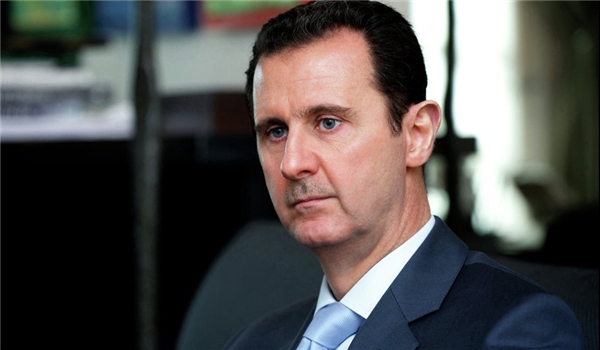
RNA - Hakki is a retired general who had supervised an agreement reached between Syria and Turkey in 1998 during the crisis with head of Kurdistan Workers’ Party Abdullah Ocalan, who was imprisoned 17 years ago in the Turkish Imrali Island.
The Saudi daily, Asharq al-Awsat newspaper, quoted sources as saying that they expect Erdogan softens his harsh tone on President Assad's government in exchange for a Syrian cooperation to prevent the creation of any Kurdish entity in Northern Syria.
The source also revealed that Hakki, one of the most leading Turkish diplomats, is the person conducting the negotiations with President Assad's government on Ankara’s behalf.
"No matter Turkey accepts that Assad continues his job or not, we should acknowledge that Assad is a reality in Syria and a large number of Syrian people are supporting him. Therefore, if Turkey wants an end to bloodshed, it should at least accept Assad's presence in the first stage. After that, it is the Syrian nation which should make the decision since it is an internal issue special to the Syrian nation," Hakki was quoted as saying by Asharq al-Awsat.
Reports said earlier this month that the MIT Chief Hakan Fidan has sent one of his deputies to Damascus for talks with the Syrian officials on the latest developments in the Northern parts of the Arab country.
Al-Safir newspaper quoted informed sources as saying on Monday that one of Fidan's deputies arrived in Damascus on Sunday to meet with the high-ranking Syrian security officials on the latest developments in Northern Syria.
The daily said Turkish officials have repeatedly made similar efforts to reopen communication channels with Damascus in the past, adding that General Ismail Hakki, who served as the head of the Intelligence Department at Turkish Armed Forces General Staff, visited Syria on May 27.
Ankara is likely to initiate a major shift in policy on Syria and move to ally with Iran and Russia, top diplomats in Tehran said after Turkish prime minister said earlier this month that it's time for his country to improve ties with Damascus.
Turkish Prime Minister Binali Yildirim suggested a three-pronged road map for a solution to the five-year-old war in Syria, which has not only affected neighboring countries but also many parts of the world with the flight of more than 4 million refugees.
Stating that he was optimistic that a solution was at hand due to the changing nature of Turkish foreign policy, in which Ankara aims to make more friends and decrease its number of enemies, Yildirim said the time had come for Turkey to mend relations with Syria.
He added that Turkey would overcome the Syrian problem together with the regional actors.
111/847/C